Discover the Timeless Charm of Hue City
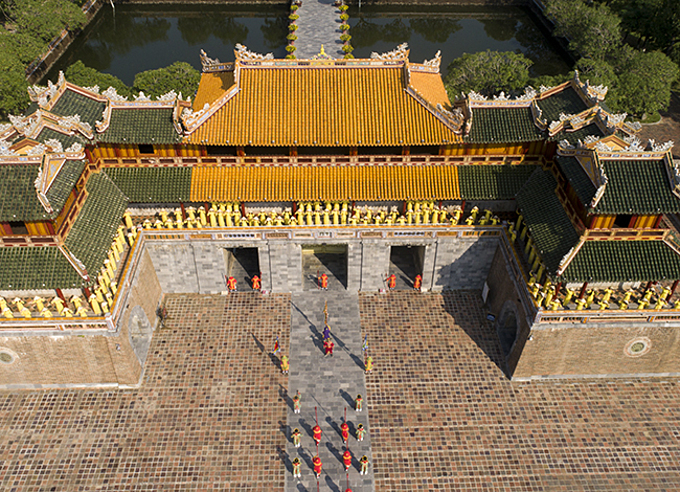
Journey Through Vietnam's Ancient Capital
Welcome to Hue City, a captivating destination that promises a blend of rich history, vibrant culture, and modern charm. Once the imperial capital of Vietnam, Hue is now a UNESCO World Heritage Site, drawing travelers and history buffs alike. In this post, we'll explore the hidden gems of Hue, provide practical travel tips, and immerse you in the city's unique offerings. Get ready to discover why Hue City should be on every travel enthusiast's bucket list.
Introduction to Hue City
Hue City, the former capital of Vietnam, is a treasure trove of historical and cultural wonders. Nestled along the banks of the Perfume River, Hue served as the political, cultural, and religious center of the Nguyen Dynasty from 1802 to 1945. This city is renowned for its well-preserved monuments, ancient pagodas, and royal tombs that offer a glimpse into Vietnam's illustrious past. Recognized as a UNESCO World Heritage Site, Hue's significance transcends time, making it a must-visit destination for anyone interested in history and culture.
From the grandeur of the Imperial City to the serene beauty of Thien Mu Pagoda, Hue's landmarks are a testament to its historical importance. Visitors can wander through ancient citadels, explore royal tombs, and marvel at the intricate architecture that reflects the artistic prowess of a bygone era. But Hue is not just about its past; it's a living city that continues to evolve while preserving its rich heritage.
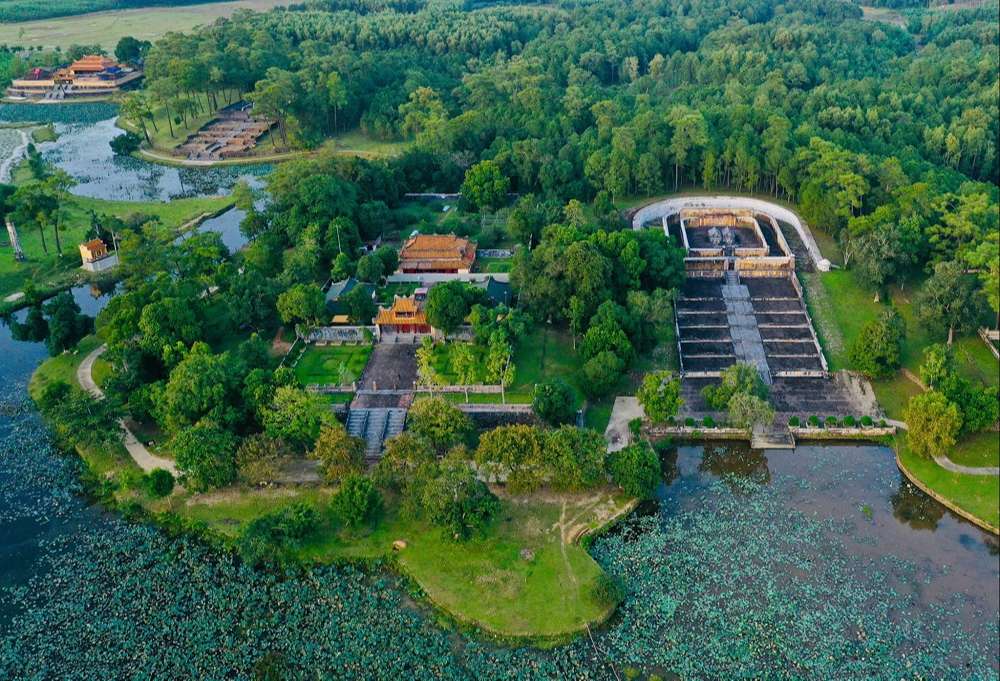
Exploring Hue's Historical Landmarks
The Imperial City
The heart of Hue's historical legacy lies within the Imperial City, a vast complex that served as the residence and administrative center of the Nguyen emperors. Surrounded by thick stone walls and a moat, the Imperial City houses numerous palaces, temples, and gardens. Key attractions include the Forbidden Purple City, Thai Hoa Palace, and the Royal Theatre. Each structure tells a story of imperial grandeur, architectural brilliance, and Vietnam's dynastic history.
Visitors can stroll through the majestic gates, admire the ornate decorations, and imagine the lives of emperors and courtiers who once walked these grounds. The Imperial City is not just a relic of the past but a vibrant cultural hub that hosts festivals, performances, and art exhibitions, offering a dynamic experience for all who visit.
Thien Mu Pagoda
Perched on Ha Khe Hill, overlooking the Perfume River, Thien Mu Pagoda is one of Hue's most iconic landmarks. Built-in 1601, this seven-story pagoda is the tallest religious building in Vietnam and a symbol of the city. The pagoda's serene surroundings, intricate architecture, and historical significance make it a must-visit site.
Thien Mu Pagoda is home to several historical relics, including a bronze bell dating back to 1710 and a marble turtle bearing an inscription from 1715. Visitors can also see the Austin car that transported Thich Quang Duc to Saigon, where he famously self-immolated in 1963 to protest the persecution of Buddhists. With its peaceful ambiance and historical depth, Thien Mu Pagoda offers a spiritual retreat for those seeking solace and reflection.
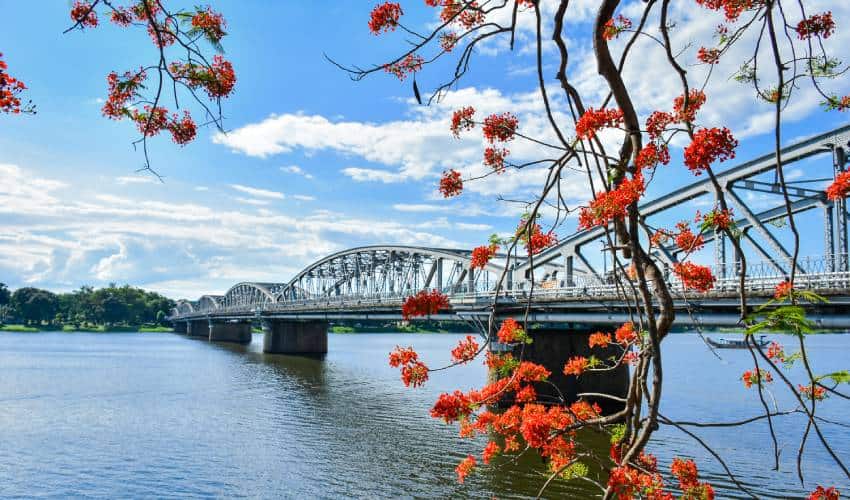
Royal Tombs
Hue is also renowned for its royal tombs, the final resting places of the Nguyen emperors. These tombs are architectural masterpieces, blending traditional Vietnamese design with French and Chinese influences. Key tombs to visit include the Tomb of Tu Duc, Minh Mang's Tomb, and Khai Dinh's Tomb.
The Tomb of Tu Duc, set amidst lush greenery and tranquil lakes, reflects the emperor's poetic soul and love for nature. Minh Mang's Tomb, known for its symmetry and classical beauty, is a harmonious blend of architecture and landscape. Khai Dinh's Tomb, with its elaborate mosaics and European-inspired design, stands out for its opulence and uniqueness. Exploring these tombs offers a fascinating insight into the lives, beliefs, and legacies of the Nguyen emperors.
Immersing in Hue's Culture
Local Customs
Hue's culture is deeply rooted in traditions and customs that have been passed down through generations. From the graceful Ao Dai worn during festivals to the solemn rituals performed at ancestral altars, Hue's cultural practices reflect its historical significance. Visitors can witness these customs firsthand by participating in local ceremonies, visiting traditional craft villages, and engaging with the community.
Traditional Cuisine
No visit to Hue is complete without indulging in its culinary delights. Known as the culinary capital of Vietnam, Hue offers a diverse array of dishes that tantalize the taste buds. Must-try dishes include Bun Bo Hue (spicy beef noodle soup), Banh Khoai (crispy pancakes), and Che (sweet desserts). Each dish is a fusion of flavors, textures, and aromas that reflect Hue's rich culinary heritage.
Hue's food culture is not just about eating; it's an experience that involves all the senses. Visitors can join cooking classes to learn the secrets behind these dishes, explore bustling markets to discover fresh ingredients, and dine in riverside restaurants to savor the flavors of Hue. The city's culinary scene is a testament to its creativity, diversity, and love for good food.
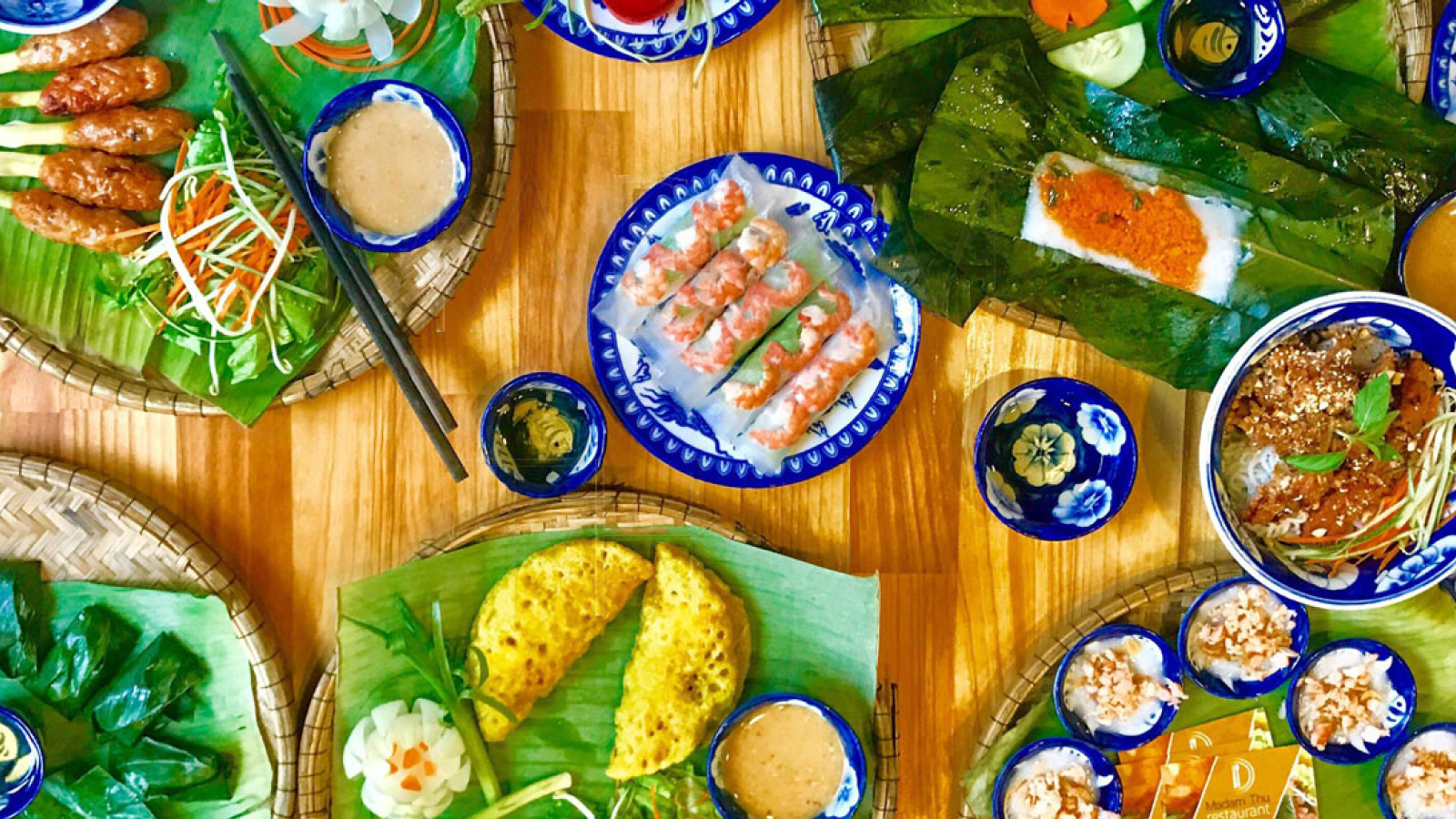
Vibrant Festivals
Hue's festivals are a vibrant showcase of its cultural richness and community spirit. The biennial Hue Festival is a grand celebration that brings together artists, performers, and visitors from around the world. Featuring traditional music, dance performances, and cultural exhibitions, the festival offers a glimpse into Hue's artistic heritage.
Other notable festivals include the Hon Chen Temple Festival, a ritualistic event held on the Perfume River, and the Mid-Autumn Festival, a joyous celebration of family and community. Participating in these festivals allows visitors to immerse themselves in Hue's lively atmosphere, engage with locals, and create lasting memories.
Hue City Today
Modern Developments
While steeped in history, Hue is not frozen in time. The city has embraced modernization while preserving its heritage. Recent developments in infrastructure, hospitality, and services have enhanced the visitor experience, making Hue a comfortable and convenient destination. From luxury hotels to modern cafes, Hue offers a blend of tradition and contemporary comfort.
Eco-Tourism Initiatives
Hue is also committed to sustainable tourism practices, with several eco-tourism initiatives aimed at preserving its natural and cultural heritage. Projects such as the restoration of wetlands, promotion of eco-friendly transportation, and support for local crafts and communities reflect Hue's dedication to responsible tourism. Visitors can participate in eco-tours, volunteer programs, and conservation efforts, contributing to the city's sustainability goals.
Preserving Heritage
Preservation of heritage is at the core of Hue's identity. The city has implemented various measures to protect its historical sites, promote cultural education, and engage the community in heritage conservation. Efforts such as the restoration of the Imperial City, documentation of oral traditions, and organization of cultural workshops ensure that Hue's legacy is preserved for future generations.
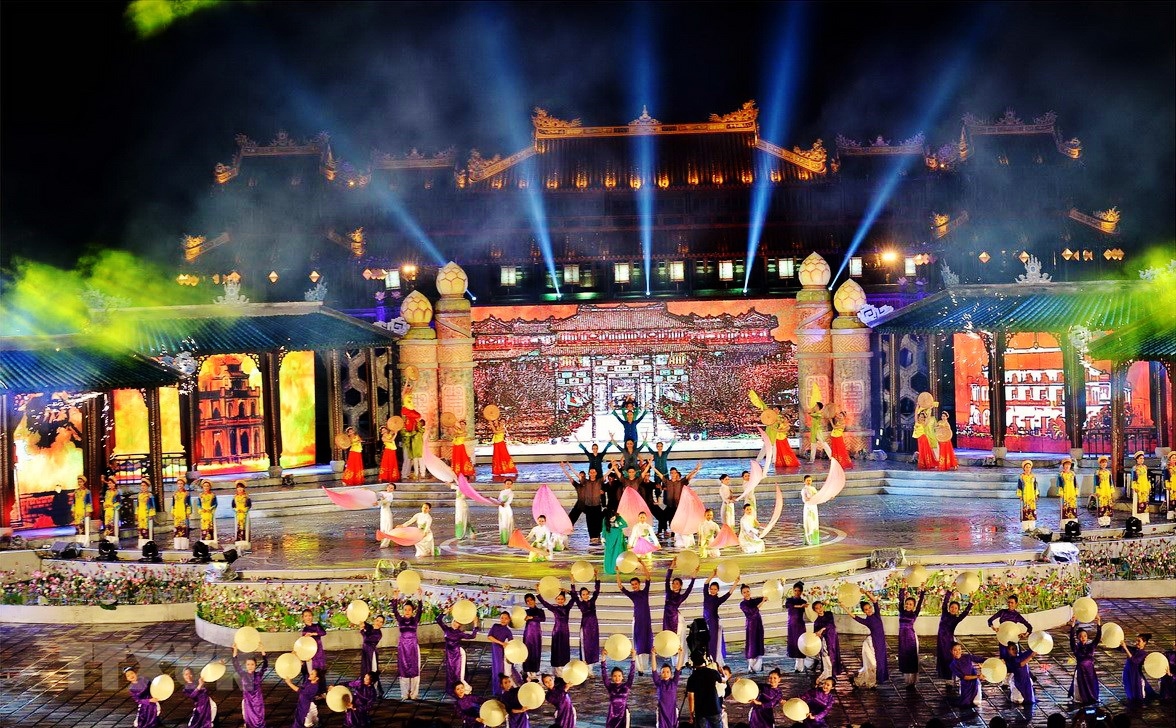
Practical Tips for Hue City Tour
Best Time to Visit
Hue enjoys a tropical climate, with distinct dry and rainy seasons. The best time to visit is from February to April, when the weather is pleasant and ideal for sightseeing. During these months, visitors can enjoy outdoor activities, explore historical sites, and participate in festivals without the inconvenience of heavy rains or extreme heat.
Getting Around
Getting around Hue is relatively easy, with various transportation options available. Bicycles and motorbikes are popular choices for exploring the city's narrow streets and scenic routes. Taxis and cyclos (traditional rickshaws) offer convenient alternatives for those preferring comfort. For a unique experience, visitors can take boat rides along the Perfume River, enjoying picturesque views of the city.
Recommended Accommodations
Hue offers a range of accommodations to suit different budgets and preferences. From luxury resorts to budget guesthouses, visitors can find comfortable lodgings that cater to their needs. Recommended options include La Residence Hue Hotel & Spa, Pilgrimage Village Boutique Resort & Spa, and Hue Riverside Boutique Resort & Spa. These establishments provide excellent service, modern amenities, and easy access to major attractions.
Safety Tips
While Hue is generally a safe destination, travelers should take standard precautions to ensure a smooth and enjoyable trip. It is advisable to keep valuables secure, avoid traveling alone at night, and stay informed about local customs and regulations. Additionally, visitors should carry water, wear appropriate clothing, and use sunscreen to protect against the tropical sun.
Conclusion
Hue City is a destination that offers a unique blend of history, culture, and modernity. From exploring ancient landmarks to indulging in culinary delights, visitors can experience the best of both worlds. The city's commitment to preserving its heritage while embracing progress makes it a truly special place to visit. Whether you're a history buff, a travel enthusiast, or someone seeking a meaningful experience, Hue City has something for everyone.
In conclusion, a Hue City Tour promises to be an exciting experience, complete with unique cultural and historical heritage. Tourists have the chance to explore the Imperial Citadel, visit tombs of the Nguyen Dynasty's emperors, relax on the Perfume River, taste the unique Hue cuisine and witness the festivals and local traditions. With so much to do and see, Hue City is a must-visit destination for tourists worldwide.
Ready to explore the wonders of Hue? Share your experiences or ask questions in the comments below!




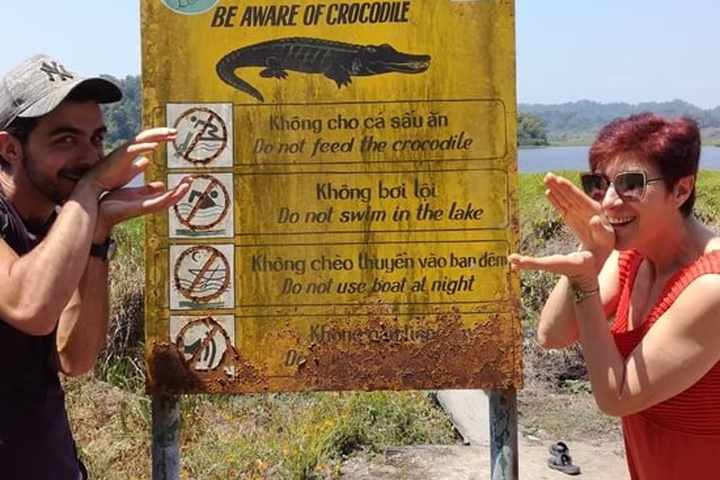



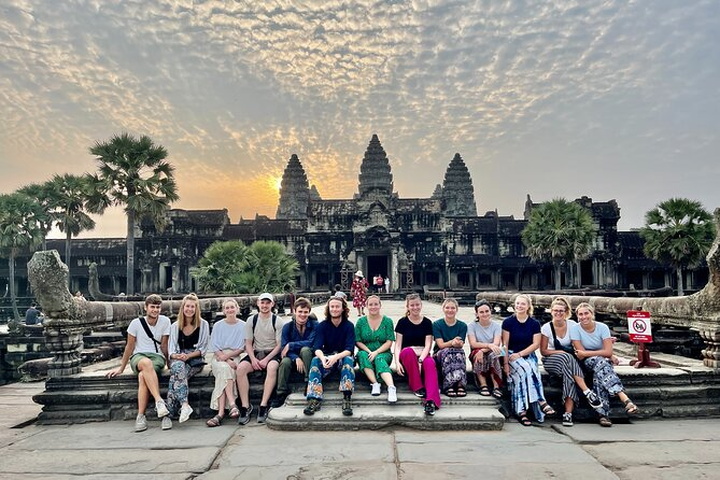

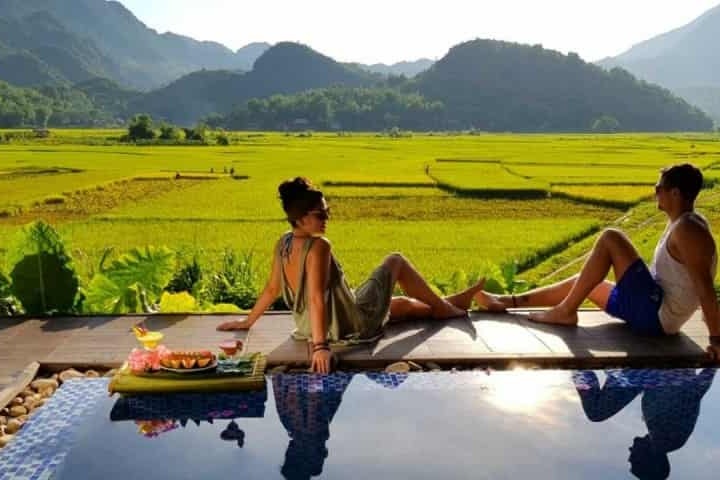

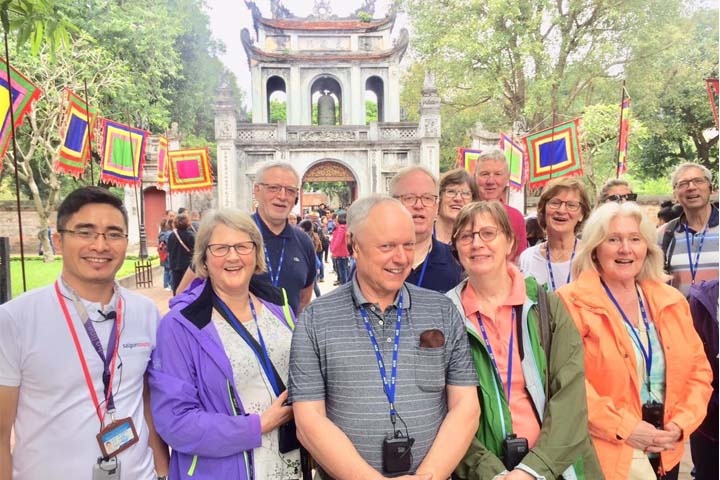
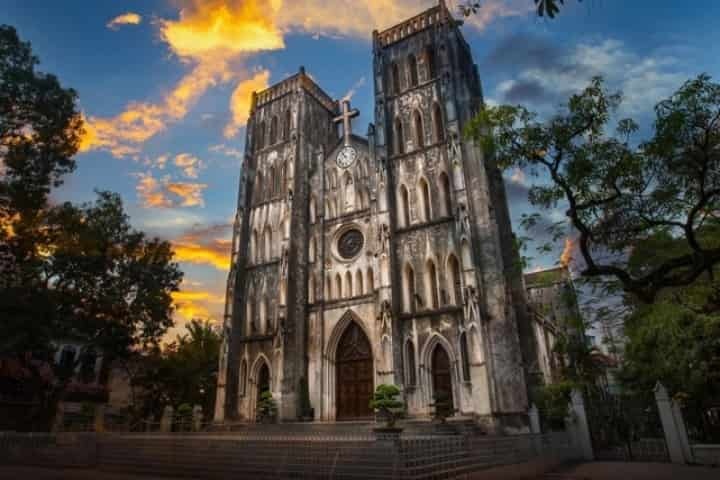
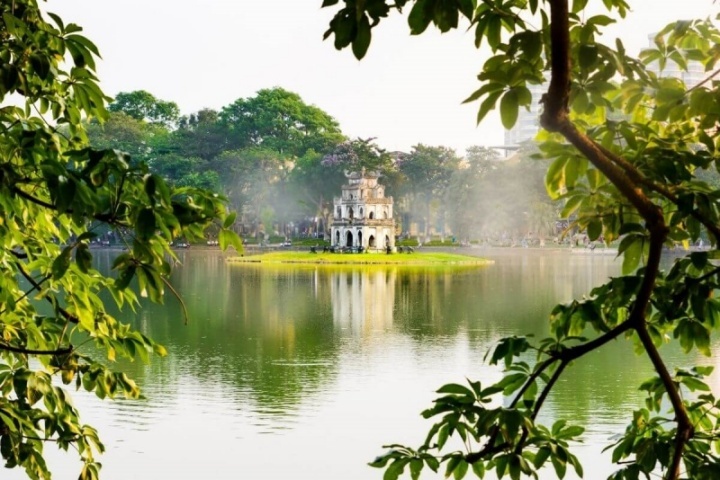

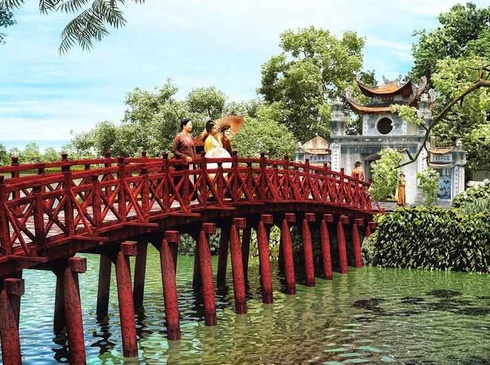
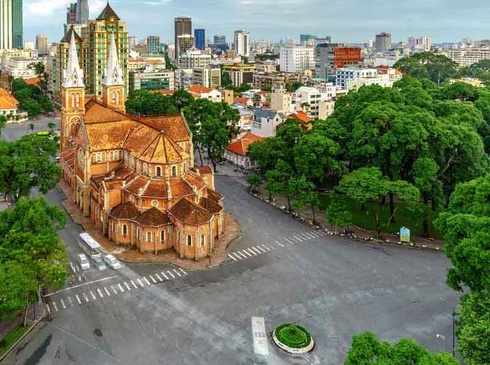
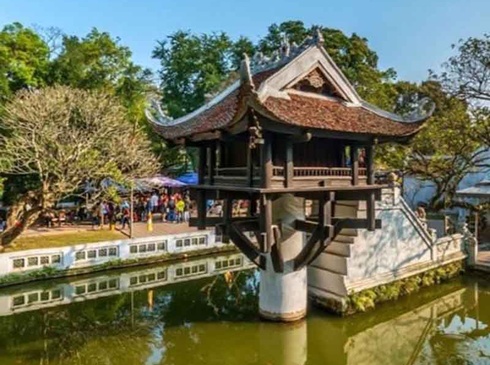
There are 0 comments, reviews about Discover the Timeless Charm of Hue City
AAdminAdmin
Welcome, honored guests. Please leave a comment, we will respond soon